Are you properly controlling volatile organic emissions from your Resource Conservation and Recovery Act (RCRA) hazardous waste activities?
To address specific environmental health and safety areas that have been identified as needing improvement to affect increased compliance, the Environmental Protection Agency (EPA) periodically assesses and identifies national compliance priorities, called National Compliance Initiatives (NCIs). One of the NPIs identified for FY 2020-2023 is reducing hazardous air emissions from hazardous waste facilities. This means increased focus on assessing compliance with RCRA air regulations during state and federal agency inspections.
Related Services
Background
Many Treatment Storage and Disposal Facilities (TSDFs) and Large Quantity Generators (LQGs) of hazardous waste generate, handle, or treat hazardous wastes that contain volatile organic chemicals (VOCs). If not properly managed, VOC emissions from these activities may pose a risk to human health and the environment. To address this issue, the EPA implemented proper management, monitoring, and record keeping requirements for hazardous wastes containing VOCs. These regulations are found in 40 CFR Part 264/265 Subparts AA, BB, and CC and are summarized as follows:
- Subpart AA – Applies to management of leaks from process vents associated with distillation, fractionization, thin-film evaporation, solvent extraction, and air or stream stripping operations that manage hazardous waste with VOC content of at least 10 ppm.
- Subpart BB – Addresses controls for equipment (e.g., pumps, valves, connectors, pressure relief devices) that contact hazardous waste with VOC content of at least 10 percent and are in service for 300 or more hours per calendar year.
- Subpart CC – Requires control of emissions from tanks, containers, and surface impoundments, if they contain hazardous wastes with a VOC content of at least 500 ppm at the point of generation.

Results so Far
Focus on RCRA air requirements will be ongoing, but EPA noted the following items from FY 2020:
- Completed 142 (114 on-site, 28 off-site) EPA compliance evaluations for the RCRA Air NCI.
- Developed web-based inspector training for EPA and state inspectors.
- Identified and repaired over 230 hazardous waste releases as a result of inspections.
- Developed strategies for effective off-site compliance monitoring to evaluate facilities potentially subject to RCRA air regulations.
What you can do now
Here are some things that your facility can do for assessing RCRA air compliance:
- Subpart BB Compliance
- Document whether equipment subject to Subpart BB is in light or heavy liquid service.
- Conduct field audits to verify each piece of equipment (pumps, valve, connectors, etc.) is
assigned a unique identification number and clearly identified. - Verify that inspections/monitoring of equipment is conducted on the appropriate schedule and are appropriately documented.
- Verify that any leak found is tagged with a readily visible weatherproof identification tag, marked with the equipment identification number and date the leak was detected. Verify that tags are removed after completion of repairs
- Subpart CC Compliance
- Verify that proper documentation of Volatile Organic (VO) content is on file for any hazardous waste stream excluded from Subpart CC requirements due to VO content less than 500 ppm by weight.
- For hazardous waste tanks and containers, verify determinations have been made as to what level of organic vapor control is necessary based on tank/container size and maximum vapor pressure of the hazardous waste (Level 1, Level 2)
- Verify that inspection and/or monitoring records are on file at the facility.
TRC Environmental can assist you with RCRA air compliance through our professional staff who have experience with managing, interpreting, and auditing Subpart AA, BB, and CC regulations.
Partager nos perspectives
Nos praticiens partagent leurs idées et leurs points de vue sur les tendances et les défis qui façonnent le marché.
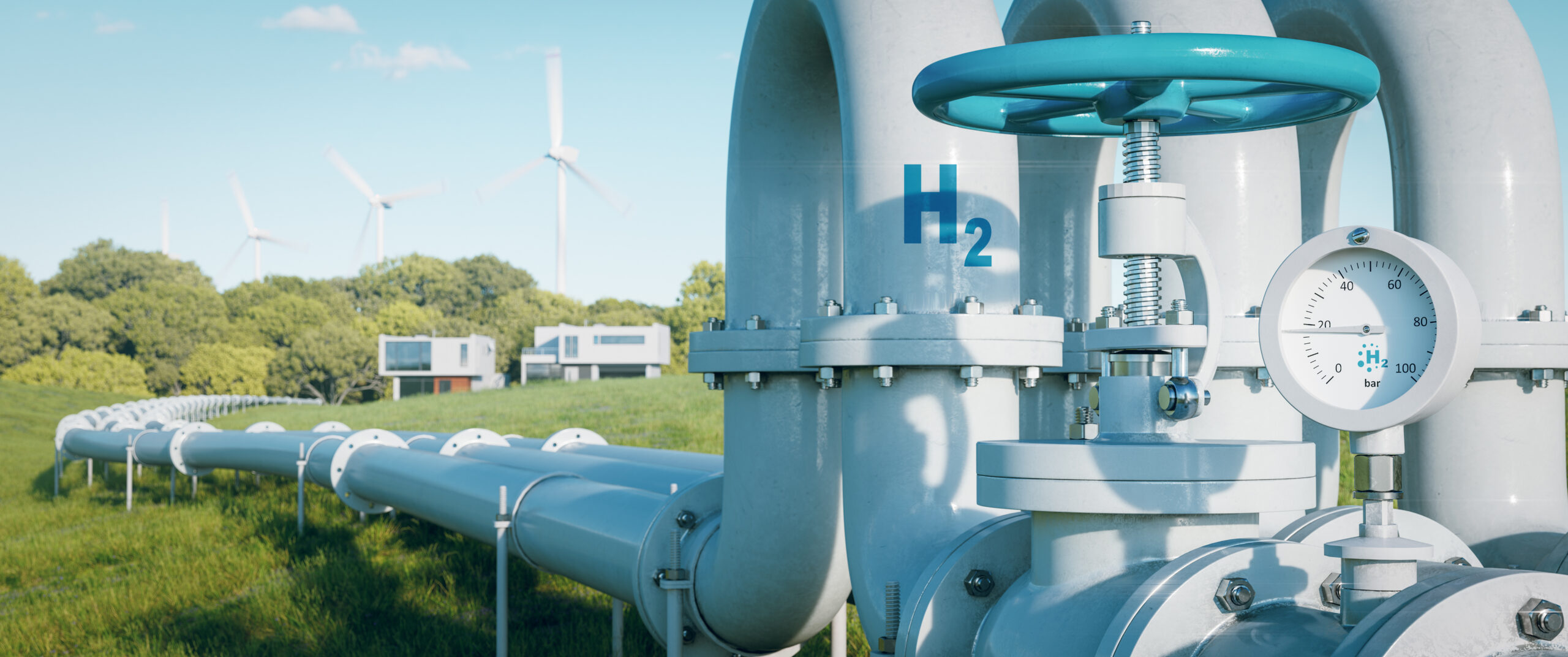
What Hydrogen Production Technologies Qualify for the 45V Tax Credit?
février 26, 2025
The 45V Tax Credit, formally known as the “Credit for Production of Clean Hydrogen and Energy Credit,” became effective on January 10, 2025 when it was published in the Federal Register. The 45V Tax Credit is one of the 21 tax credits that were created or amended by the Inflation Reduction Act (IRA). Finalization of this tax credit is important news to hydrogen project developers and financiers.

Prendre le crédit
mars 15, 2024
Une introduction à l’Inflation Reduction Act (IRA) – le plus grand investissement climatique de l’histoire du gouvernement fédéral américain – examinant ce que les gestionnaires d’EH &S doivent savoir sur cette législation de grande portée.
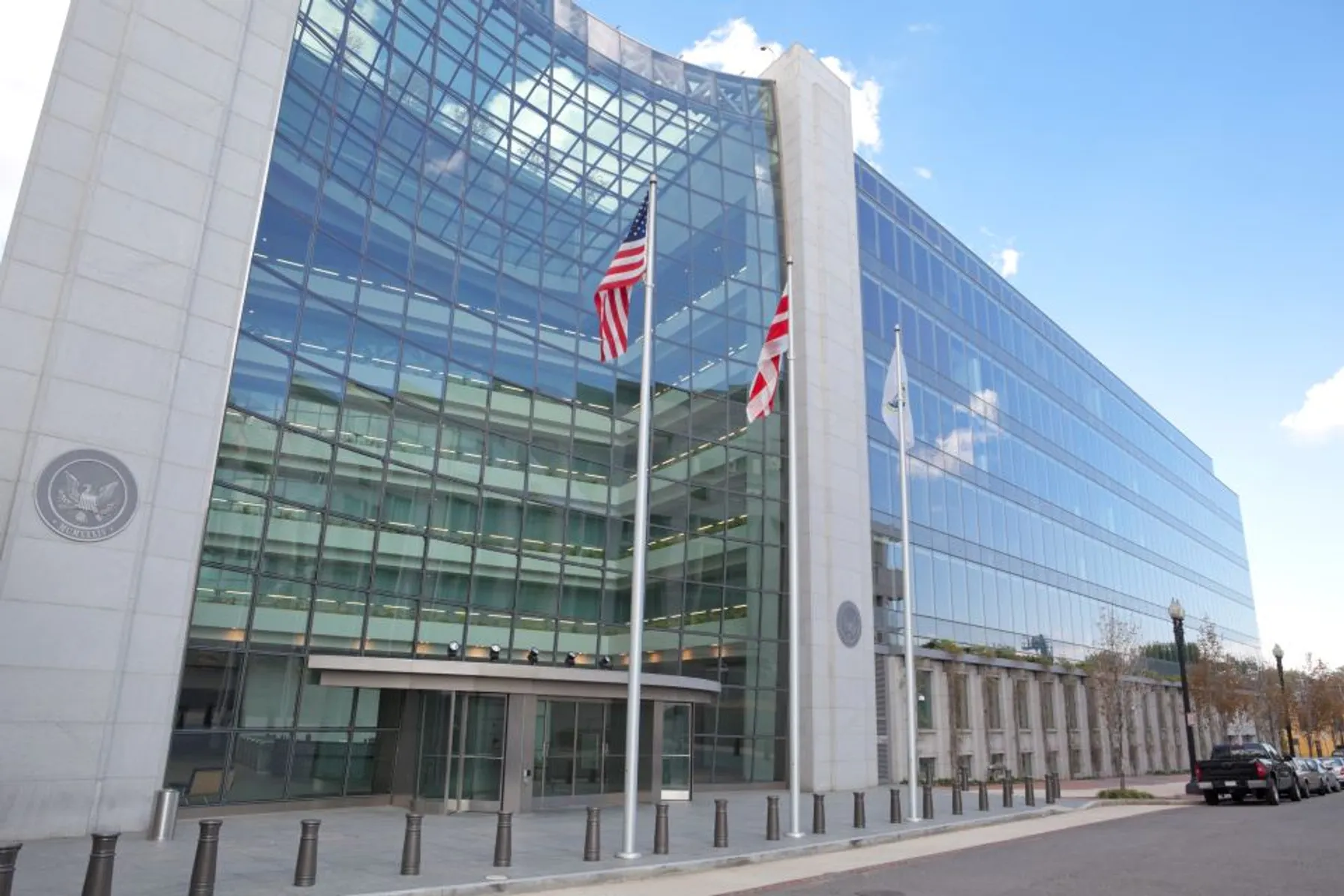
Règles de la SEC en faveur des divulgations liées au climat
mars 8, 2024
Dans une décision climatique tant attendue, la Securities and Exchange Commission (SEC) a statué 3-2 en faveur des divulgations liées au climat le 6 mars 2024.
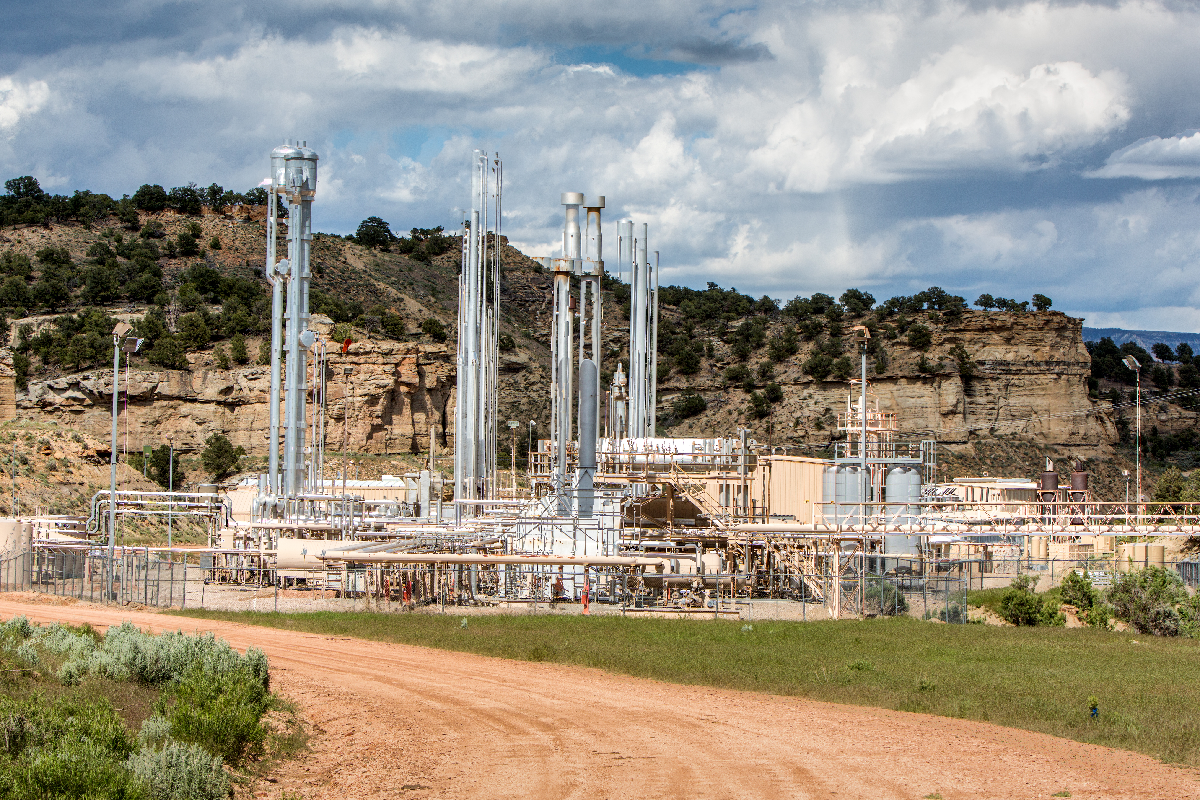
L’EPA propose des règles pour la redevance sur les émissions de déchets imposée par l’IRA pour le méthane
février 6, 2024
L’EPA a proposé des règles pour mettre en œuvre le programme de redevance sur les émissions de déchets (WEC) pour les installations qui dépassent un seuil d’émissions de déchets

Ce que vous devez savoir sur la directive européenne sur les rapports de durabilité des entreprises (CSRD)
janvier 19, 2024
Le 1er janvier 2024 marque le début du premier délai de déclaration pour les entreprises dans le cadre de la directive de l’Union européenne sur les rapports sur la durabilité des entreprises (CSRD).

Le voyage vers net zéro commence par comprendre la destination
Décembre 7, 2023
Nous pouvons assurer l’intégrité de la mise en œuvre du zéro émission nette en comprenant le cadre évolutif de la définition de zéro émission nette.
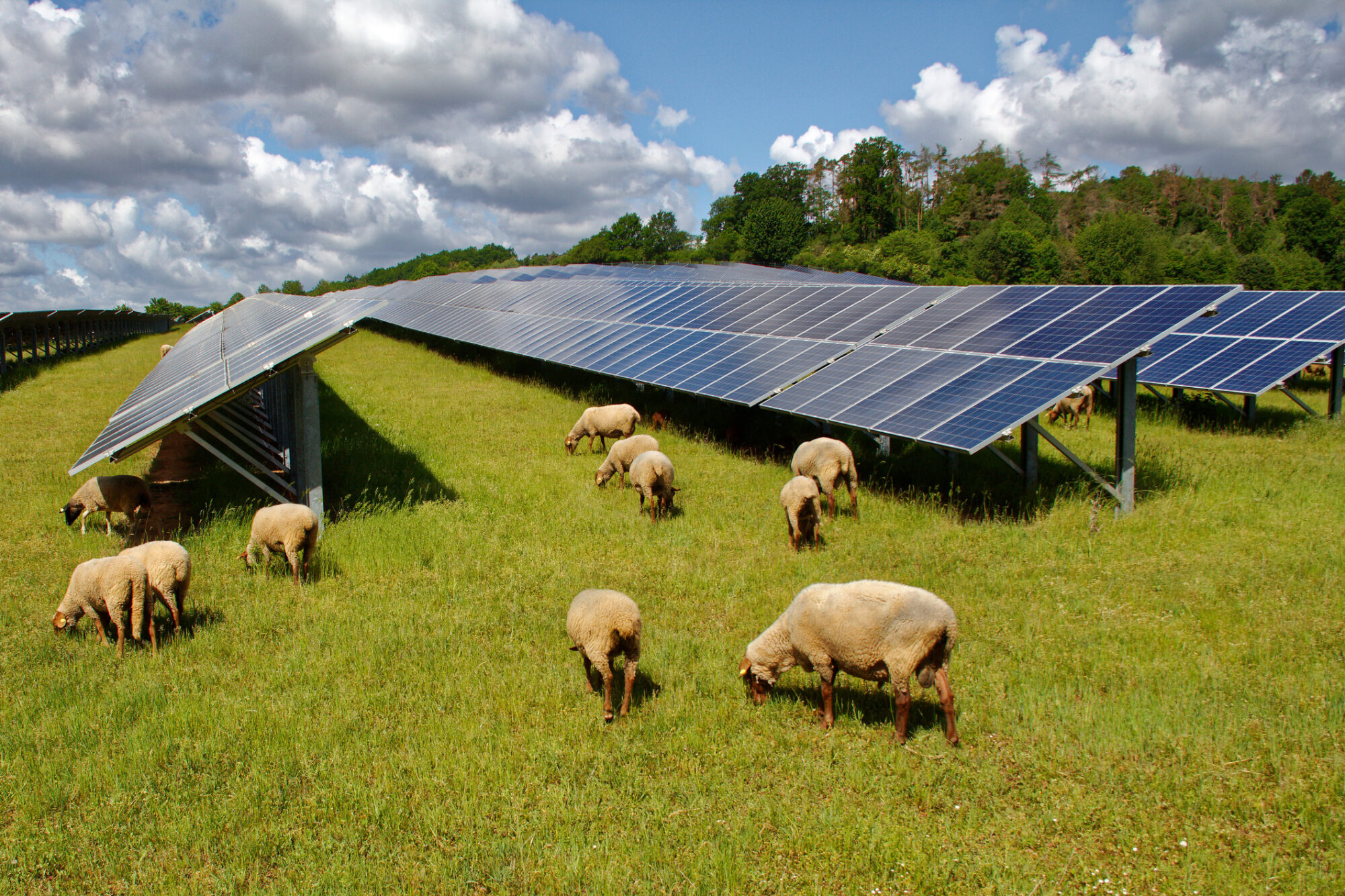
Agrivoltaics: A Sustainable Way to Harvest Sunshine
octobre 10, 2023
Learn how incorporating agricultural practices into your solar development improves project success.

Optimizing Offsets
septembre 7, 2023
Ensure Carbon Offsets Support Your Organization’s Climate Strategy

New Jersey Implements Landmark Environmental Justice Regulations
août 2, 2023
A new landmark Environmental Justice (EJ) law is now effective in New Jersey following a lengthy rulemaking process surrounding the New Jersey Department of Environmental Protection’s (NJDEP) Administration Order (AO) No. 2021-25. It is the first rule of its kind and the strongest EJ regulation in the nation.

EPA Proposes Regulation of Green House Gas Emissions
juillet 10, 2023
This article highlights the EPA’s proposed rules to regulate greenhouse gas emissions from power plants and the potential impact on new and existing fossil fuel-fired facilities.

California Advances Plastic Packaging Law
juillet 7, 2023
As rulemaking deadlines and compliance timeframes approach, how will your organization be impacted?

Organizing for Project Success
juin 22, 2023
Many organizations are establishing Project Management Organizations (PMOs) to improve project management within their organizations. While there can be many reasons for establishing a PMO, most are established to improve project management with respect to schedule, cost, quality and risk. This article provides an overview of factors to consider when deciding on which type of PMO is most suitable for your organization and how best to implement a successful and high-performing PMO.

Community Benefits Plans – A Winning Formula for Federal Funding
mai 12, 2023
The CBP acts as the project’s roadmap for ensuring communities workers, and other stakeholders have opportunities for meaningful engagement.

New Executive Order 14096 Broadens Environmental Justice Initiatives
mai 9, 2023
Executive Order 14096, Revitalizing Our Nation’s Commitment to Environmental Justice for All, seeks to deepen the Biden administration’s “whole-of-government” approach to environmental justice (EJ) by fully integrating the consideration of unserved and overburdened communities and populations into all aspects of federal agency planning and delivery of services.

Agrivoltaics
février 8, 2023
Agrivoltaics is the simultaneous use of land for both solar photovoltaic power generation and agriculture.

VaporSafe™ Continuous Air Monitoring Technology
janvier 9, 2023
VaporSafe™ continuous air monitoring technology can be used as a sustainable solution to identify a vapor intrusion pathway.
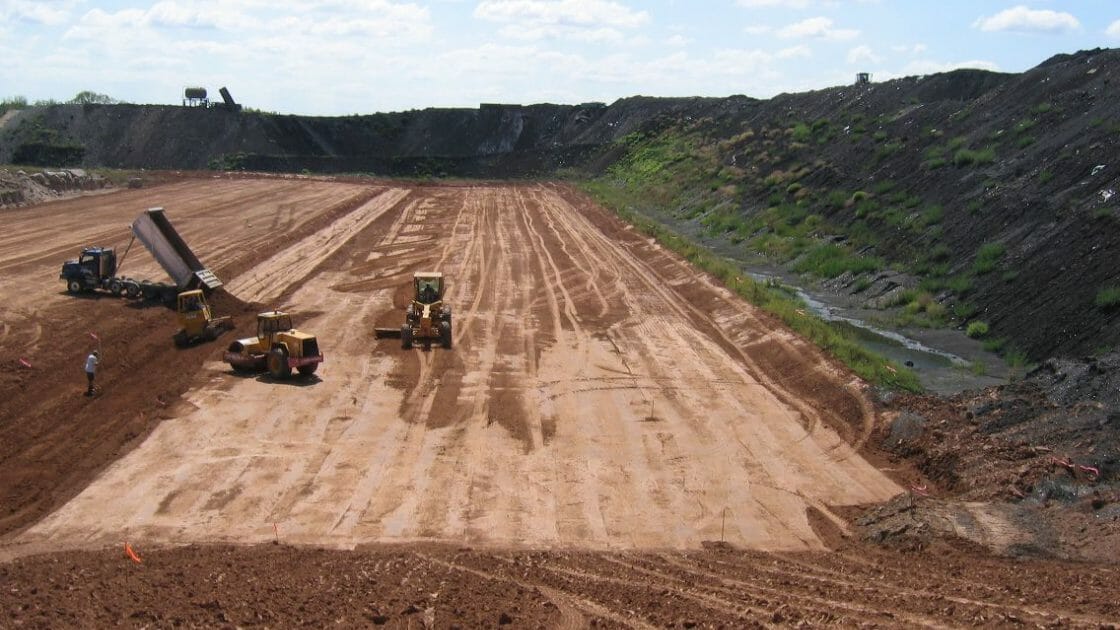
Green and Sustainable Remediation
janvier 9, 2023
Green and sustainable remediation (GSR) can optimize remedial activities, minimize environmental footprints and reduce social and economic impacts.

How to Develop a Climate Resiliency Plan for Extreme Weather Events
Décembre 15, 2022
Planning now for weather-related risks is crucial to preserving local communities.

Carbon Sequestration
Décembre 14, 2022
Carbon Sequestration is an emerging technology to combat climate change by mitigating carbon emissions.
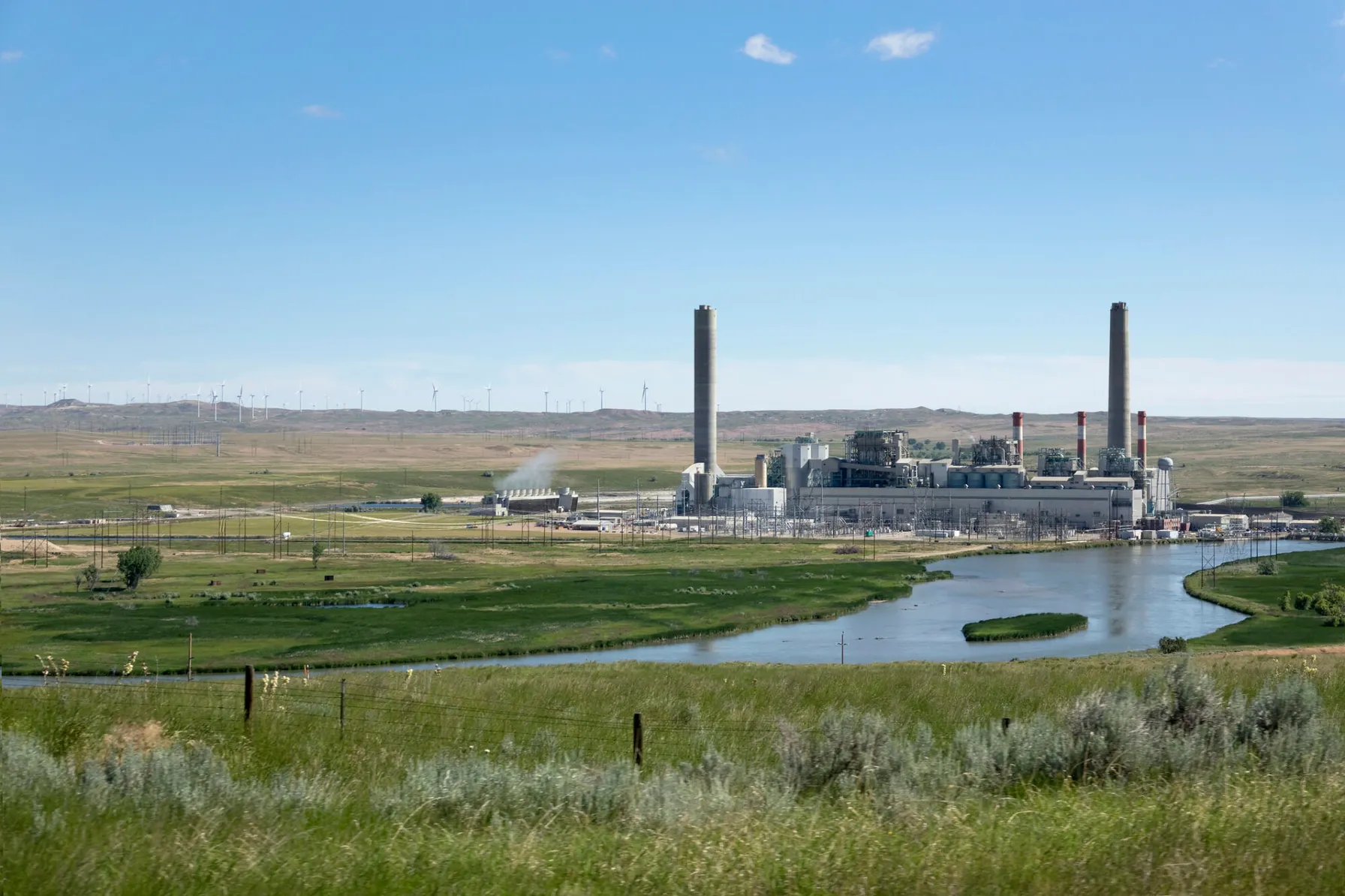
Preparing Your RMP Facility for a Future of Extreme Weather
novembre 29, 2022
Facilities dealing with hazardous materials must prepare for extreme weather events that pose a risk to their operations and the community.

Data Requirements to Improve Statistical Decision Making
octobre 25, 2022
One goal of statistics is to draw meaningful inferences but your dataset must be large enough to provide technically-defensible and robust statistics.
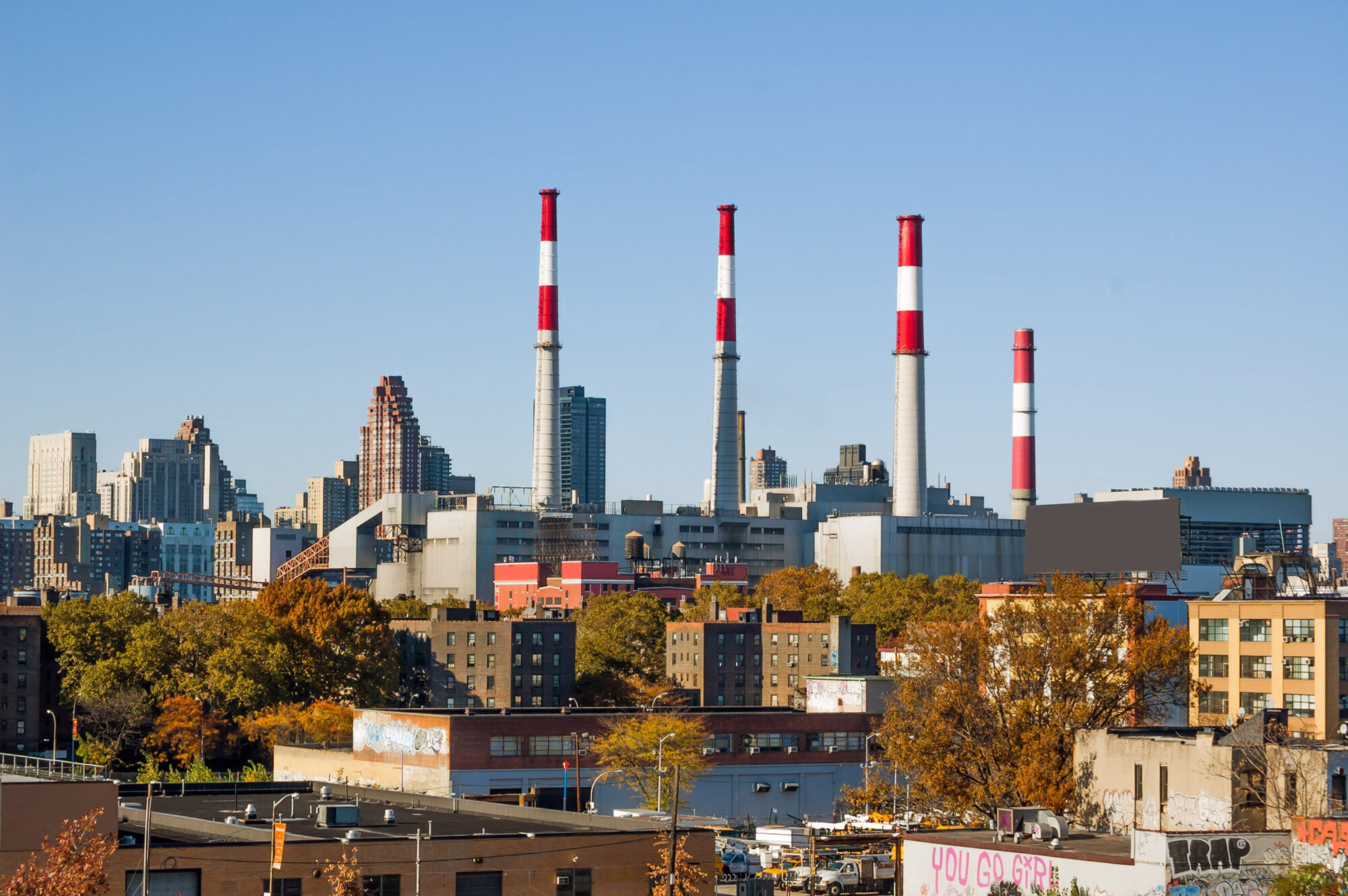
Proactive Enforcement is Key in the EPA FY2022-2026 Strategy
octobre 19, 2022
A core element of the EPA FY2022-2026 Strategic Plan focuses on environmental compliance.

Preparing for EPA Inspections in Environmental Justice Communities
octobre 4, 2022
The EPA Office of Enforcement and Compliance Assurance Have Expanded Goals to Strengthen Enforcement and Protections Within EJ Communities

TRC Companies Inc. welcomes the Founder and Key Principals of ESG Advisory Firm Enzo Advisors, LLC
septembre 27, 2022
TRC Companies announces the expansion of its Climate Solutions offering and ESG capabilities with the addition of the Founder and CEO, and key members of Enzo Advisors, LLC

A Green Future for Stormwater Management
septembre 26, 2022
Green Stormwater Management is an effective strategy for flood control and pollution mitigation.

ESG Social Criteria
juin 22, 2022
ESG criteria involve many different factors. In this article, we look at the social aspect of ESG criteria. Contact TRC today to develop your ESG strategy!

ESG vs. CSR | Differences, Definitions & Implementation
juin 19, 2022
ESG and CSR both address the need for corporate social responsibility in businesses but in different ways. Click here to learn more about ESG vs. CSR!
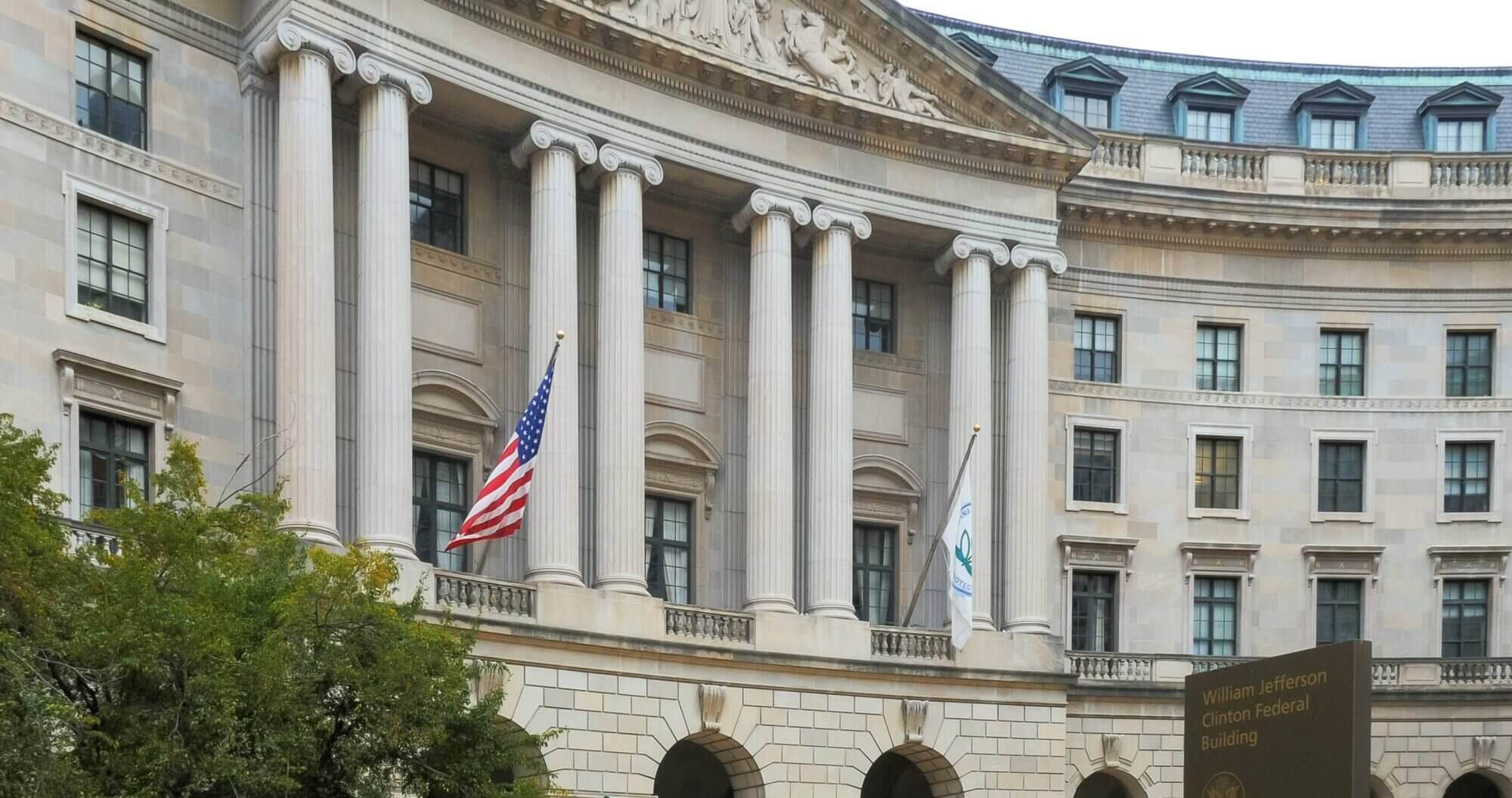
Climate Action and Environmental Justice are at the Forefront of EPA’s Strategic Plan
juin 14, 2022
The EPA issued its Fiscal Year 2022-2026 Strategic Plan. Although the strategic plans emphases often change with administrations, we can be reasonably certain that the Plan reflects priorities through 2024.

What Are ESG Ratings and How Are They Given?
juin 12, 2022
Your ESG rating can make or break your business’s attractiveness to investors. Learn more about ESG ratings and how they work with TRS Company!

TRC Companies Pledges to Achieve Net Zero GHG Emissions by 2040
avril 26, 2022
TRC Companies, a digitally powered and environmentally focused global professional services firm, announced its commitment to achieve Net Zero greenhouse gas (GHG) emissions across its full value chain by 2040, aligning with the most ambitious aim of the Paris Agreement to limit global temperature rises to 1.5 °C.

Why Are ESG Frameworks Important?
avril 13, 2022
ESG standards significantly impact long-term growth, leading many companies to integrate ESG reporting into their corporate social responsibility (CSR) strategies. ESG frameworks are broad and diverse, and establishing a reporting system that covers your industry’s most relevant metrics can be challenging.

How Does ESG Address Social Concerns?
février 1, 2022
Social criteria encompass relationship management and how the company fits into the community where it produces its goods or services. Learn more.

How Does ESG Address Corporate Governance?
novembre 15, 2021
Environmental, social and governance (ESG) criteria can direct investors’ decisions regarding which companies they choose to support. Each component plays a crucial role in risk assessment.

How Does ESG Address Environmental Concerns?
octobre 22, 2021
When investors consider where to put their money, they may examine environmental, social and governance (ESG) criteria, learn about a company’s core values and decide if they align with their own. Young people, in particular, search out this information to make decisions that align with their morals.

What Is Environmental, Social and Corporate Governance?
octobre 10, 2021
Several key considerations help determine whether an investor decides to support a particular company. While many factors can tip the scales, investors are increasingly seeking out businesses that uphold higher standards. Therefore, companies should openly communicate their standards to make it easier for investors to understand their values.

NJDEP Implements New Jersey Environmental Justice Law Through Administrative Order
octobre 5, 2021
On September 22, 2021, the New Jersey Department of Environmental Protection (NJDEP) Commissioner announced the issuance of Administrative Order (AO) No. 2021-25 to implement New Jersey’s Environmental Justice (EJ) Law. This order is effective immediately, and applicants seeking to site new major source facilities, renew major source permits or expand existing facilities with major source permits (e.g., Title V air permits) in overburdened communities are affected. There are more than 4.5 million people that live within 331 municipalities that are overburdened communities in the state of New Jersey.

Screening ESG Risks in Autonomous Robotics Investments
septembre 9, 2021
Environmental, social & governance (ESG) issues are important considerations with autonomous robotics due to potential reputational risks.

Cryptocurrency: The Environmental Threats and Opportunities
août 9, 2021
Cryptocurrency (also known as crypto) is taking the fintech industry by storm, despite the economic experts who still dismiss it as a viable form of currency. Although often criticized for this volatility, whistleblowers are also further shining a light on the severe toll that these digital currencies are taking on the environment.

Managing EHS & ESG Risks Through Integrated Systems Today and Beyond
juillet 22, 2021
It has been more than 50 years since the development and establishment of the federal Environmental Protection Agency (EPA) and the federal Occupational Safety & Health Administration (OSHA) which were formed to protect our environment and workplaces across the United States. Significant laws, policies and regulations followed to establish the “regulatory programs” that all applicable businesses and entities must address and meet to ensure these compliance-driven legislative programs would create a foundation to protect our society.

The View on Climate Change has Changed in Washington
mars 1, 2021
The Biden Administration signals both a renewed and accelerated focus on climate change.

EHS Due Diligence in 2022
Décembre 7, 2020
Some of observations and trends in the EHS due diligence market since the beginning of the pandemic.

TRC Announces Collaboration with Greenstone Reinforcing Integrated ESG, Sustainability and Climate Risk Solutions
juin 26, 2020
On September 22, 2021, the New Jersey Department of Environmental Protection (NJDEP) Commissioner announced the issuance of Administrative Order (AO) No. 2021-25 to implement New Jersey’s Environmental Justice (EJ) Law. This order is effective immediately, and applicants seeking to site new major source facilities, renew major source permits or expand existing facilities with major source permits (e.g., Title V air permits) in overburdened communities are affected. There are more than 4.5 million people that live within 331 municipalities that are overburdened communities in the state of New Jersey. The Administrative Order requires an enhanced public participation process that requires facilities to: Hold a public hearing meeting as determined by the Environmental Justice Law. To the extent consistent with applicable law, have a public comment period that is a minimum of sixty (60) days. If there is written request from members of the respective overburdened community, the public comment period may be extended by thirty (30) days to provide information related to “information regarding existing conditions within the overburdened community and potential facility-wide environmental and public health stressors that could result in adverse impacts upon the overburdened community were the regulated activity approved.” Respond to and address the concerns raised by individuals from the overburdened community during the public comment period, which may include the need to perform additional analysis as deemed necessary by the NJDEP. Solicit concerns from the overburdened community regarding environmental or public health stressors posed by the facility. Adhere to special conditions placed on permits approved by the NJDEP. Special conditions may be placed to avoid or minimize public health stressors to the maximum extent allowed by law. NJDEP has the authority to reopen or further extend the public comment period on a case-by-case basis, as consistent with applicable law and statues. Title V permit holders in overburdened communities in New Jersey must take steps to address new and multi-faceted environmental justice regulations and should do so in an effective manner to avoid business difficulties and manage public relations issues. This AO has the potential to significantly impact project schedules for new projects or facility expansions. Therefore, identifying EJ-related concerns during the planning phase is critical to a successful project and benefits both the business and the community.

COVID-19 and Implications for ESG Investing
juin 3, 2020
This global pandemic has exposed business vulnerabilities and recalibrated material Environmental Social and Governance factors for investors.

L’effet commercial de la décision de la Cour suprême sur la doctrine Chevron
septembre 13, 2024
La décision a une incidence sur l’avenir de la réglementation sur la qualité de l’air et des processus de conformité.

PM2.5 Révision annuelle du SNQA
mai 7, 2024
L’EPA des États-Unis a publié une règle finale fondée sur son réexamen de sa décision de 2020 de conserver les normes nationales de qualité de l’air ambiant (NQAA) primaires et secondaires pour les matières particulaires (MP) sans révision.

L’EPA publie des règlements sur les émissions des réservoirs du secteur pétrolier et gazier naturel
avril 30, 2024
Les exploitants de cuves de stockage ou de batteries-citernes doivent réduire leurs émissions de 95 %.

L’EPA propose des règles pour la redevance sur les émissions de déchets imposée par l’IRA pour le méthane
février 6, 2024
L’EPA a proposé des règles pour mettre en œuvre le programme de redevance sur les émissions de déchets (WEC) pour les installations qui dépassent un seuil d’émissions de déchets

Solutions et stratégies pour la qualité de l’air intérieur
février 1, 2024
La mise en œuvre de solutions et de stratégies appropriées en matière de qualité de l’air intérieur est essentielle à la sécurité de l’installation. Explorez les stratégies de gestion de la QAI avec cet article.

L’EPA propose de nouvelles lignes directrices sur l’analyse de la qualité de l’air pour les permis
janvier 5, 2024
Le 23 octobre 2023, l’EPA des États-Unis a proposé des modifications à la Ligne directrice sur les modèles de qualité de l’air et au modèle AERMOD de l’EPA des États-Unis

Modélisation des événements de buée et de givrage
Décembre 14, 2023
Au cours des dernières années, divers organismes à travers le pays se sont engagés à comprendre les impacts du brouillard généré par les systèmes de refroidissement. À première vue, le brouillard créé par les tours de refroidissement peut ne pas sembler être un problème important, mais il peut avoir des effets négatifs sur le public. Le brouillard peut nuire à la visibilité des personnes qui conduisent sur les routes et si les températures sont inférieures au point de congélation, le brouillard peut causer la formation de glace sur les surfaces. Pour comprendre les conséquences du brouillard créé par ces systèmes de refroidissement, les experts ont mis au point des techniques de modélisation avancées.

L’importance des SPFA dans l’atmosphère
novembre 13, 2023
Comprendre les préoccupations et se préparer aux problèmes potentiels

EPA Proposes Regulation of Green House Gas Emissions
juillet 10, 2023
This article highlights the EPA’s proposed rules to regulate greenhouse gas emissions from power plants and the potential impact on new and existing fossil fuel-fired facilities.

VaporSafe™ Continuous Air Monitoring Technology
janvier 9, 2023
VaporSafe™ continuous air monitoring technology can be used as a sustainable solution to identify a vapor intrusion pathway.

About Endotoxins
septembre 1, 2022
Levels of endotoxins have been associated with indoor air quality complaints and certain respiratory diseases in many types of buildings. Learn more.

Preventing IAQ Issues Before They Start
septembre 1, 2022
Fixing problems before they worsen saves your building money and enhances safety. The same is true for indoor air quality. Learn more.

Conducting an IAQ Inspection
septembre 1, 2022
Many investigation strategies can help you uncover IAQ concerns and sources. An initial inspection can help you get started. Learn more from our guide.
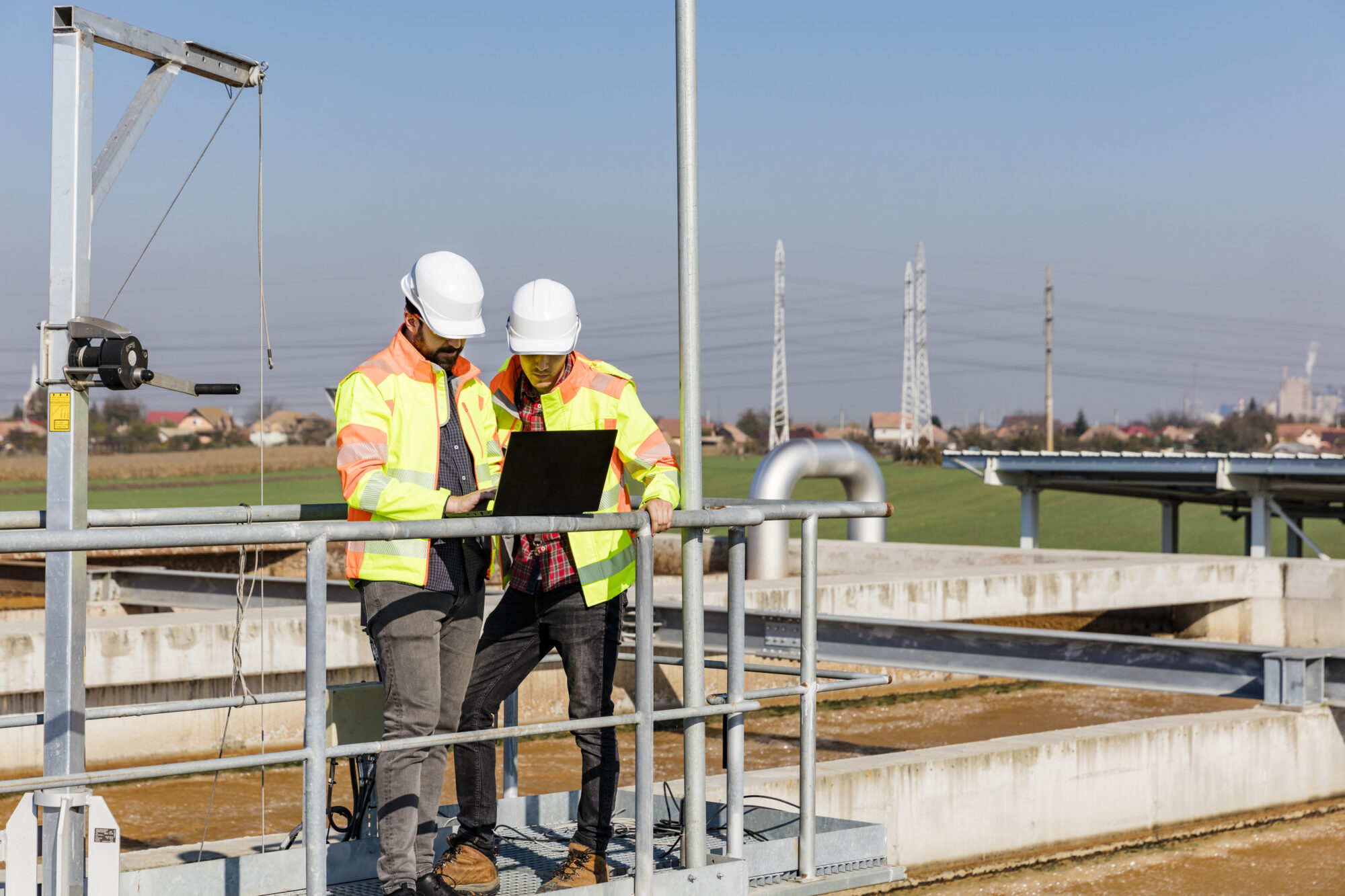
Regulatory Compliance Items to Consider as Part of Transactional Due Diligence
juillet 19, 2022
Performing a limited environmental regulatory review can identify potential deficiencies with the environmental management of an acquisition.

TRC Acquires United Sciences Testing, Inc., Expanding Air Management Capabilities
février 23, 2022
TRC Companies (“TRC”), announced the expansion of its Air Management capabilities with the acquisition of United Sciences Testing, Inc. (USTI), who provides emissions testing services to utility and industrial clients within the Great Lakes and Midwest regions of the US.

EPA Adds First New Hazardous Air Pollutant Since 1990
janvier 14, 2022
EPA finalized a rule to add 1-bromopropane to the federal list of hazardous air pollutants (HAPs) on December 22, 2022.

Air Emissions Permitting: What Analytical Laboratories Need to Know About Compliance
Décembre 18, 2021
The independent testing of liquid and solid samples is a critical way that businesses demonstrate regulatory compliance. The laboratories that perform these analyses are also subject to environmental rules and should closely track their operations to ensure they are meeting compliance obligations.

EPA Proposes Changes to Methane Control at Petroleum Operations
novembre 10, 2021
New Source Performance Standard for Methane Control at Petroleum Operations in 2022

PFAS Air Emissions Standards and Trends for Summer 2021
août 17, 2021
Environmental impacts of PFAS in ambient air leads to states implementing PFAS air-related thresholds.

Managing EHS & ESG Risks Through Integrated Systems Today and Beyond
juillet 22, 2021
It has been more than 50 years since the development and establishment of the federal Environmental Protection Agency (EPA) and the federal Occupational Safety & Health Administration (OSHA) which were formed to protect our environment and workplaces across the United States. Significant laws, policies and regulations followed to establish the “regulatory programs” that all applicable businesses and entities must address and meet to ensure these compliance-driven legislative programs would create a foundation to protect our society.

EPA Ramps Up Inspections and Enforcement Actions
mai 14, 2021
EPA’s acting enforcement chief, Larry Starfield, directs agents to ramp up inspections in communities known to be afflicted by pollution

South Coast Air Quality Management District Rule 2305: Warehouse Indirect Source Rule
avril 7, 2021
The rule is intended to reduce local and regional emissions of NOx and diesel particulate matter (PM).

The View on Climate Change has Changed in Washington
mars 1, 2021
The Biden Administration signals both a renewed and accelerated focus on climate change.

EPA Issues PFAS Air Emissions Draft Test Method OTM-45
février 5, 2021
First Air Emissions Draft Test for the Measurement of Selected Per- and Polyfluorinated Alkyl Substances from Stationary Sources

Conducting a Successful Compliance Stack Test Program
janvier 28, 2021
Conducting a Successful Compliance Stack Test Prog

EPA Clean Air Act Rulemaking Announced December 2020
Décembre 31, 2020
EPA announces Clean Air Act Rulemaking in the final month of the current administration and indicates more could be announced before the new administration comes into office.

New Jersey’s Landmark Environmental Justice Law
novembre 24, 2020
What Is an Indoor Air Quality Assessment? An indoor air quality assessment involves identifying and addressing air quality issues within a facility to ensure a healthy and safe environment for occupants. The assessment process typically includes an initial inspection, laboratory testing for contaminants, and recommendations for improvements. LEED-certified buildings prioritize indoor air quality, adopting measures to maintain good IAQ throughout construction and occupancy. Contact Us
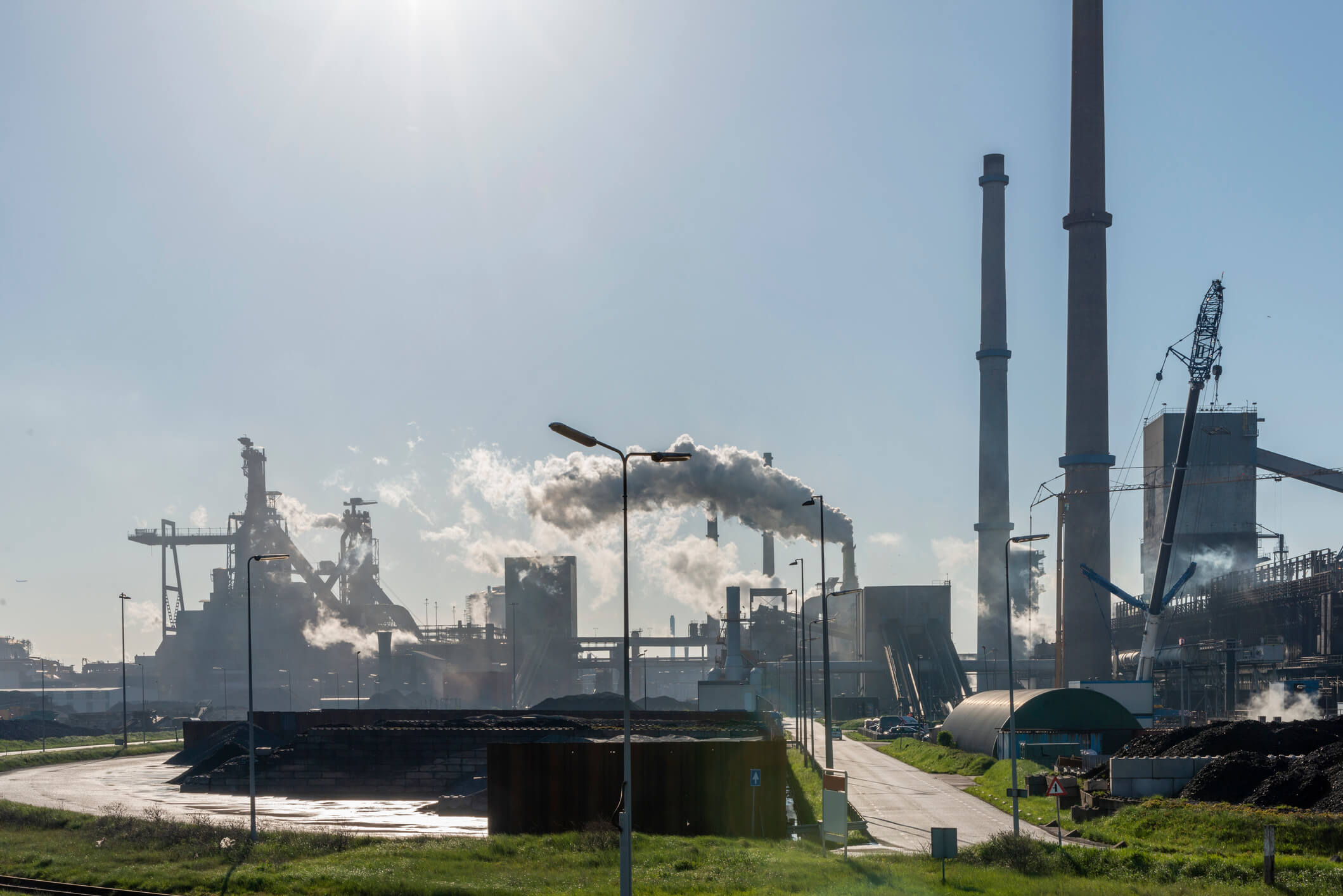
EPA Finalizes Reversal of “Once In Always In” Air Pollution Policy
novembre 18, 2020
On October 1, 2020, the EPA finalized a ruling that no longer enforces the “once in, always in” air emissions policy.
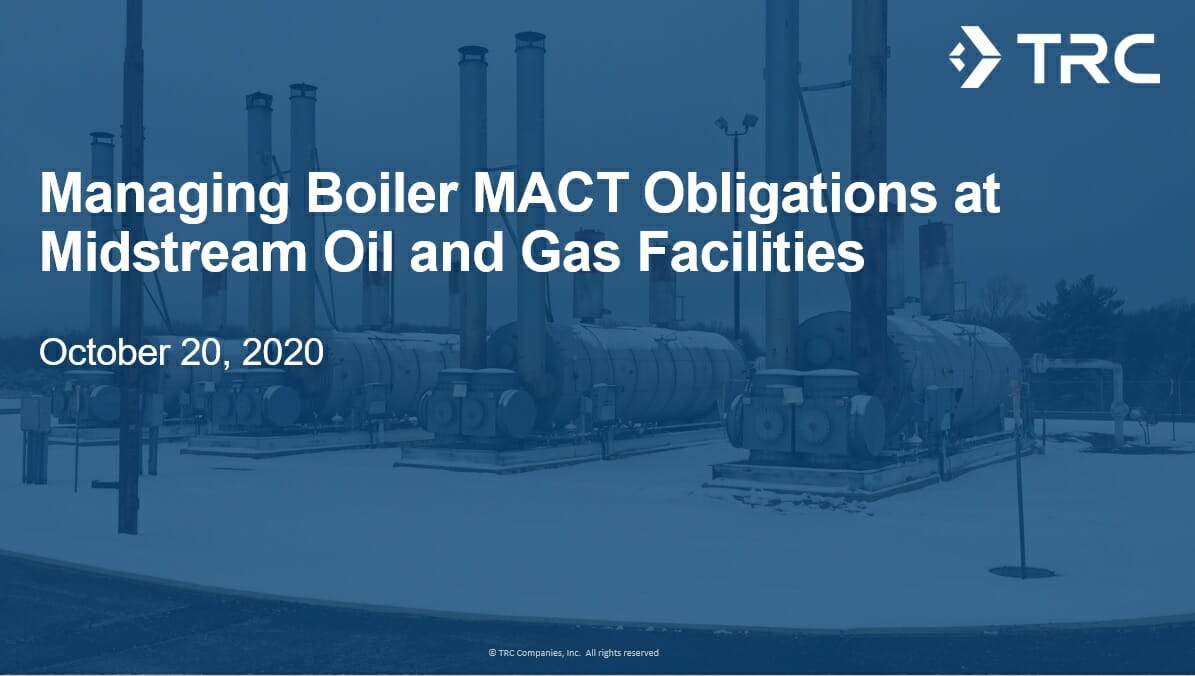
Managing Boiler MACT Obligations at Multiple Facilities
octobre 30, 2020
TRC, a national leader in combustion optimization services and technical consulting.

TRC Awarded a Yahara WINS Grant
août 28, 2020
TRC was recently awarded a Yahara WINS grant to develop a pilot scale simple aeration method for removing phosphorous from the discharge of manure digesters. The grant application was developed and submitted by: Bob Stanforth, Alyssa Sellwood, Mike Ursin, Ted O’Connell, Ken Quinn, and John Rice, who are members of multiple TRC CORE teams.
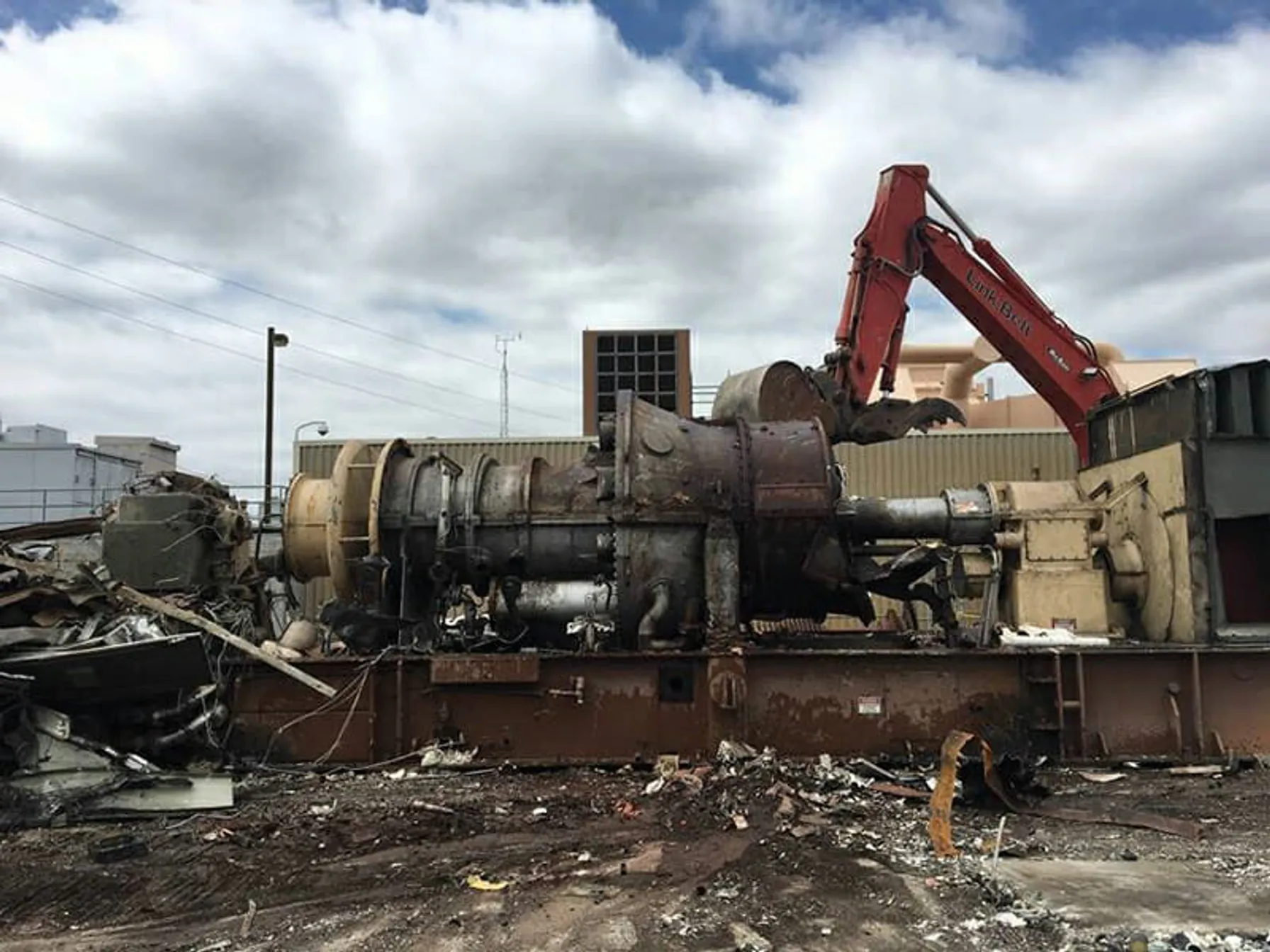
New York State Finalizes Emission Limits for Power Generators
janvier 21, 2020
On January 16, 2020, the New York State Department of Environmental Conservation (NYSDEC) finalized a rulemaking limiting nitrogen oxide (NOx) emissions from existing simple cycle and regenerative peaking combustion turbines with a nameplate capacity of 15 megawatts (MW) or greater during the ozone season (May 1 – October 31).

EPA Looking to Revise Official Definition of ‘Ambient Air’
Décembre 18, 2018
The EPA’s move to redefine « ambient air » could make it easier for facilities to comply with the Clean Air Act.

Microplastics: Adapting to Emerging Legal Challenges with Proper Risk Assessment
avril 15, 2025
Implementing DERMS can come with challenges. By understanding the unique challenges related to DERMS and adopting the appropriate strategies to mitigate potential pitfalls, utilities can effectively integrate and coordinate DER deployment to align with regulatory commitments and broader business objectives.

Évaluations des risques pour votre permis environnemental
février 1, 2024
Les évaluations des risques environnementaux aident à protéger les installations, les travailleurs et l’environnement. Apprenez-en plus sur l’importance des évaluations des risques environnementaux dès aujourd’hui.

Filling Vapor Intrusion Data Gaps During Property Transaction Due Diligence
octobre 18, 2023
Environmental due diligence for property transactions is an incredibly dynamic business process

Environmental Site Assessments for Forest and Rural Properties
juillet 25, 2023
Key considerations for leveraging ASTM E2247 vs. E1527

The Rise of Agrivoltaics
juillet 18, 2023
This article explores the tensions between traditional agriculture and solar development, as well as the financial benefits for farmers who lease their land for solar projects.

Changes to EPA’s Risk Management Program (RMP) Regulations Are Coming
avril 14, 2023
Changes to the Risk Management Program (RMP) regulations were signed into a final rule on February 27, 2024, by EPA Administrator Michael S. Regan.

Routinely Evaluating the Health & Effectiveness of Integrated Systems to Manage EHS/ESG Risks – Part 2
mars 15, 2023
Systematic monitoring and continuous improvement is important to achieve an effective EHS/ESG management system within an organization.

Deadline Approaching for Utilities to Report SF₆ Emissions to EPA
mars 8, 2023
The EPA regulates greenhouse gas (GHG) emissions under the Greenhouse Gas Reporting Program (GHGRP) and has recently decided to place renewed emphasis on sulfur hexafluoride (SF₆).

Recognizing, Identifying, Prioritizing and Addressing EHS & ESG Risks
mars 3, 2023
A clear view and understanding of the environmental, health and safety (EHS) risks created by a business is paramount to its success and longevity.

Routinely Evaluating the Health & Effectiveness of Integrated Systems to Manage EHS/ESG Risks – Part I
mars 1, 2023
Once established, an EHS/ESG management system must be routinely evaluated to ensure it remains effective to identify and control risks, as well as accommodate and adjust for changes that occur to/within the organization.
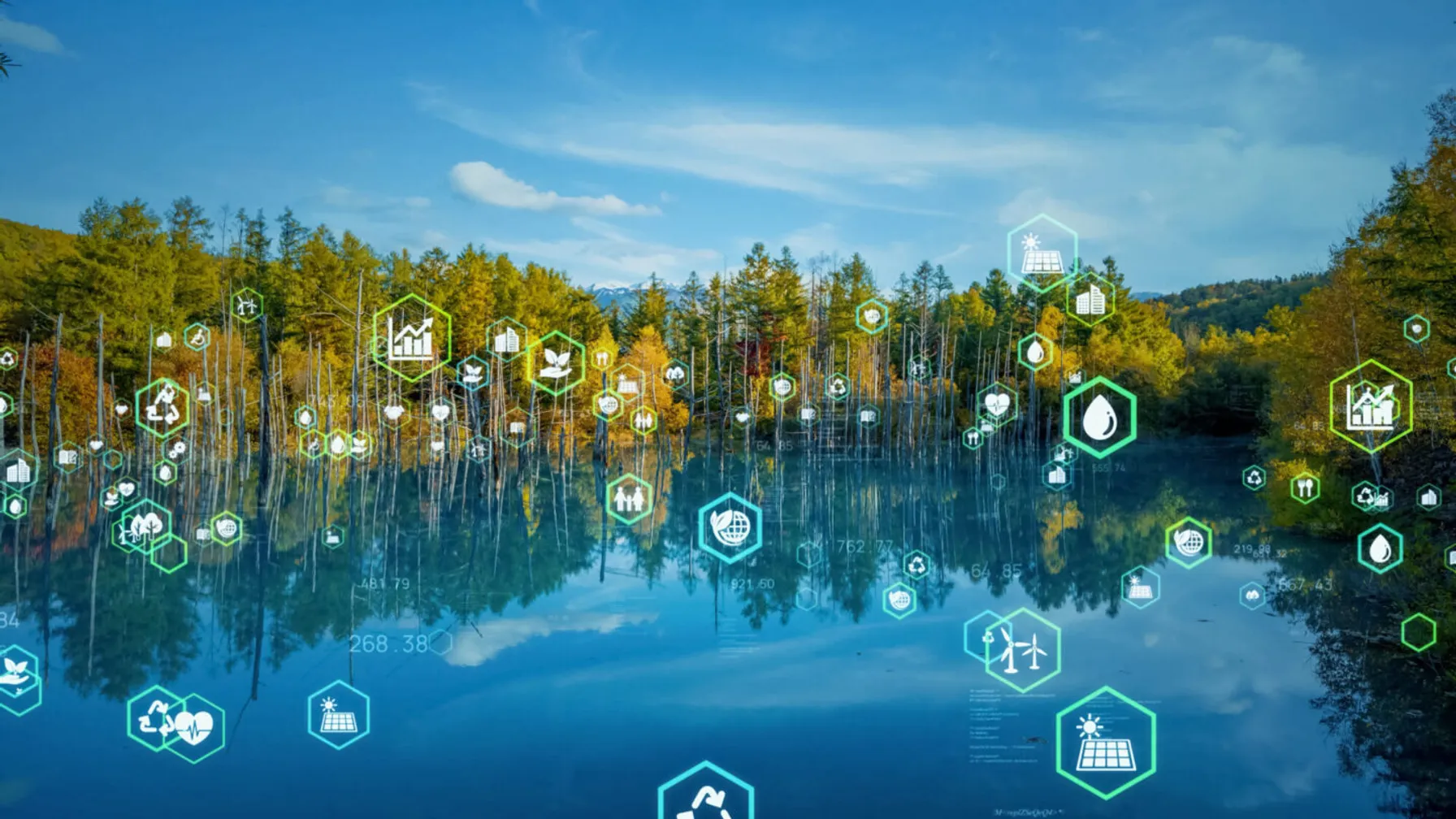
ASTM Phase I Environmental Site Assessment Updates
février 1, 2023
Environmental due diligence is the first step in identifying potential environmental liabilities prior to the acquisition of real estate or business transfers.

Phase I ESA ASTM Standard Update: The Wait is Over
Décembre 21, 2022
The USEPA published a Final Rule making the ASTM E1527-21 Phase I ESA standard AAI compliant.

Optimizing EHS/ESG Information Management and Reporting Systems by Leveraging Innovative Digital Technology Solutions
août 10, 2022
A single, integrated enterprise wide EHS/ESG IMS can significantly improve performance and communicate progress towards organizational requirements and goals.

Regulatory Compliance Items to Consider as Part of Transactional Due Diligence
juillet 19, 2022
Performing a limited environmental regulatory review can identify potential deficiencies with the environmental management of an acquisition.

Support an Integrated EHS/ESG Management System
juin 10, 2022
On January 16, 2020, the New York State Department of Environmental Conservation (NYSDEC) finalized a rulemaking limiting nitrogen oxide (NOx) emissions from existing simple cycle and regenerative peaking combustion turbines with a nameplate capacity of 15 megawatts (MW) or greater during the ozone season (May 1 – October 31). Under the final rule, NOx limits will be phased in starting on May 1, 2023 and fully implemented on May 1, 2025. A majority of the affected units are in the densely populated areas of the five boroughs of New York City and Long Island. The NYSDEC expects most of the affected units will be retired or replaced.

How to Use an Integrated Approach To Manage EHS and ESG Risks
avril 20, 2022
On January 16, 2020, the New York State Department of Environmental Conservation (NYSDEC) finalized a rulemaking limiting nitrogen oxide (NOx) emissions from existing simple cycle and regenerative peaking combustion turbines with a nameplate capacity of 15 megawatts (MW) or greater during the ozone season (May 1 – October 31). Under the final rule, NOx limits will be phased in starting on May 1, 2023 and fully implemented on May 1, 2025. A majority of the affected units are in the densely populated areas of the five boroughs of New York City and Long Island. The NYSDEC expects most of the affected units will be retired or replaced.

New Phase I ESA Standard Will Affect Environmental Due Diligence
janvier 25, 2022
After years of review, revisions and discussions, the new ASTM E1527 Phase I Environmental Site Assessment (Phase I ESA) standard has been published. The new standard includes updates to definitions, clarifications on processes and requirements, and guidance for emerging contaminants.

Managing EHS & ESG Risks Through Integrated Systems Today and Beyond
juillet 22, 2021
It has been more than 50 years since the development and establishment of the federal Environmental Protection Agency (EPA) and the federal Occupational Safety & Health Administration (OSHA) which were formed to protect our environment and workplaces across the United States. Significant laws, policies and regulations followed to establish the “regulatory programs” that all applicable businesses and entities must address and meet to ensure these compliance-driven legislative programs would create a foundation to protect our society.

Impacts environnementaux de la transition vers les énergies renouvelables
mai 15, 2021
La transition vers les sources d’énergie renouvelables aura des répercussions environnementales et économiques notables. Pour comprendre les implications possibles, vous aurez besoin d’une connaissance de base de la façon dont les combustibles fossiles affectent l’environnement.

Controlling volatile organic emissions from RCRA hazardous waste activities
mai 14, 2021
EPA identifies National Compliance Initiative FY2020-2023 for reducing hazardous air emissions from hazardous waste facilities.

PFAS Sampling Advisory on Aqueous Samples
avril 1, 2021
Advisory on collecting aqueous samples (e.g., groundwater, wastewater, stormwater, etc.) for PFAS analysis.
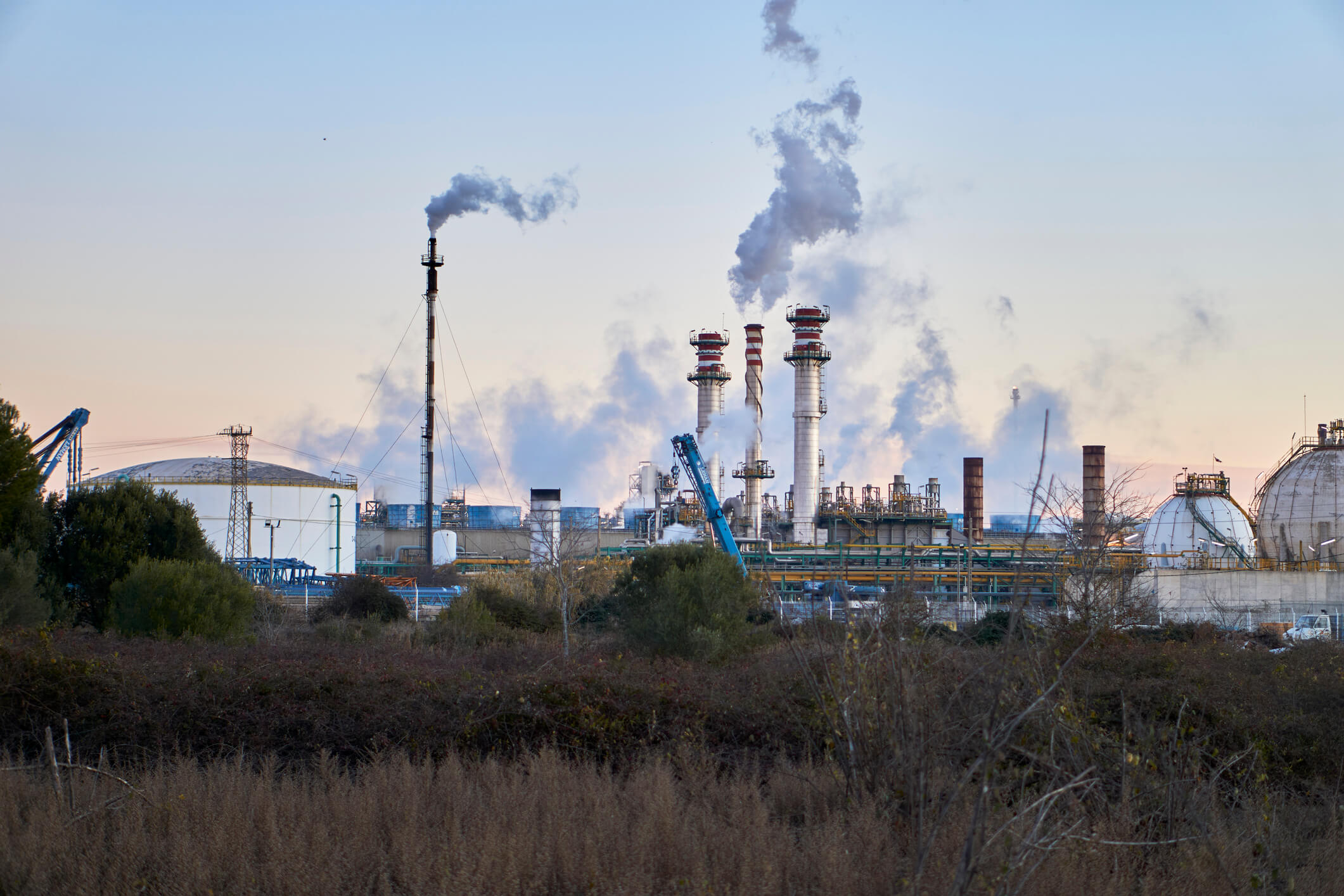
Interim Guidance on Destruction and Disposal of PFAS & Materials Containing PFAS
février 19, 2021
Interim Guidance from EPA identifies 6 materials that use or manufacture PFAS and approaches for disposal.

EPA Issues PFAS Air Emissions Draft Test Method OTM-45
février 5, 2021
First Air Emissions Draft Test for the Measurement of Selected Per- and Polyfluorinated Alkyl Substances from Stationary Sources
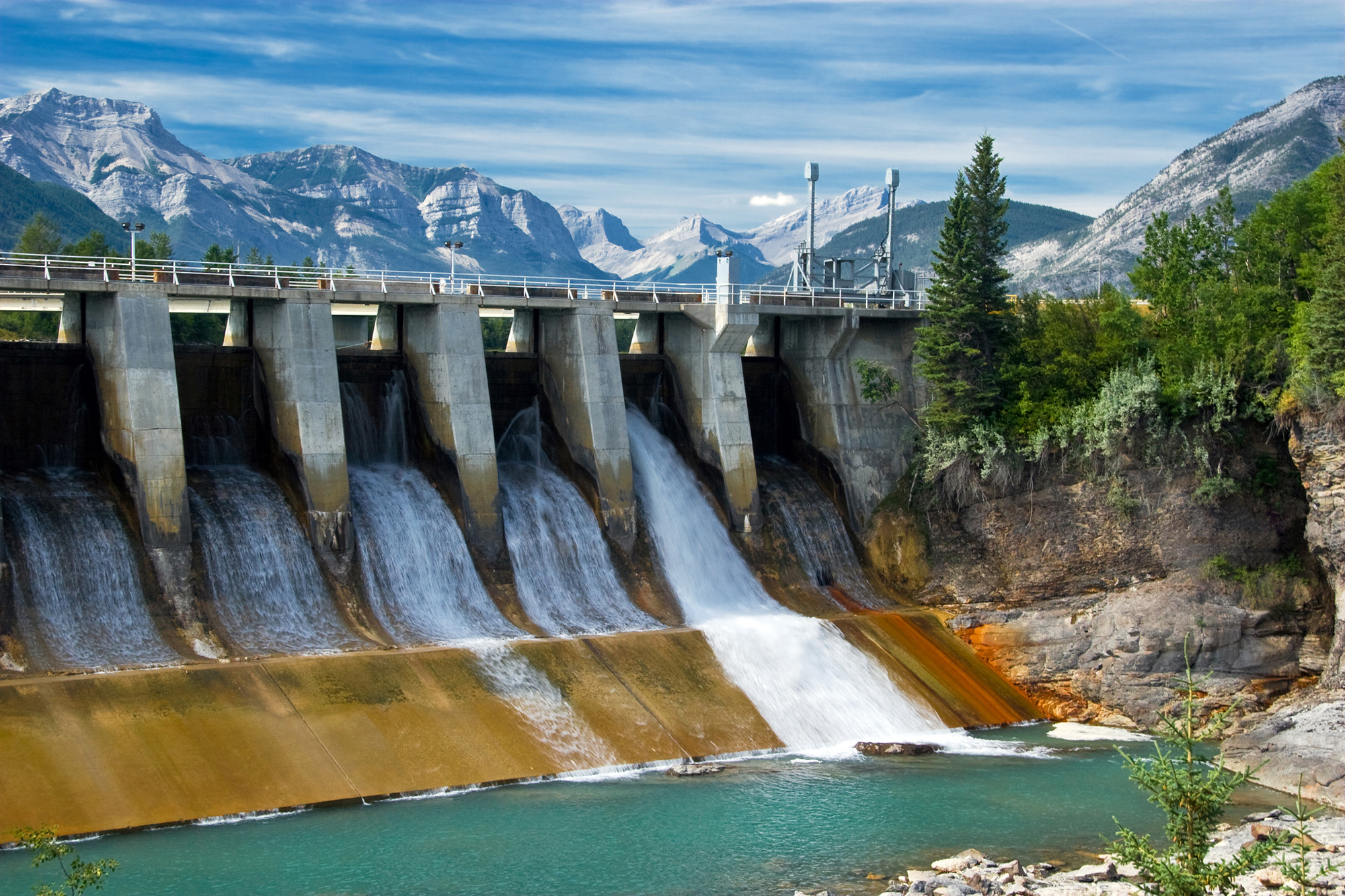
TRC Companies Inc. Expands Environmental and Renewable Energy Capabilities with the Acquisition of Shoener Environmental
Décembre 2, 2020
Today TRC Companies, announces the expansion of its environmental and renewable energy capabilities with the acquisition of Shoener Environmental.

TRC Talks – Renewable Energy
novembre 24, 2020
Our experts discuss TRC’s integrated approach to renewable energy development.

TRC Companies Inc. Acquires 1Source Safety and Health
novembre 11, 2020
TRC Companies (« TRC”), a leading technology-driven provider of end-to-end engineering, consulting and construction management solutions, has acquired 1Source Safety and Health, a firm that provides management consulting services in areas such as indoor air quality, asbestos management, industrial hygiene and safety management systems.

Jason Roberts
Jason Roberts has over 25 years of regulatory compliance experience, with and emphasis on Resource Conservation and Recovery Act (RCRA) hazardous waste requirements. His experience includes managing hazardous waste compliance for Transfer Storage and Disposal Facilities (TSDFs) and in the RCRA program compliance for a chemical production facility. Mr. Roberts joined TRC in 2019 and specializes in RCRA regulatory interpretation and implementation, hazardous waste characterization, and hazardous waste vendor management including waste profiling for disposal.

